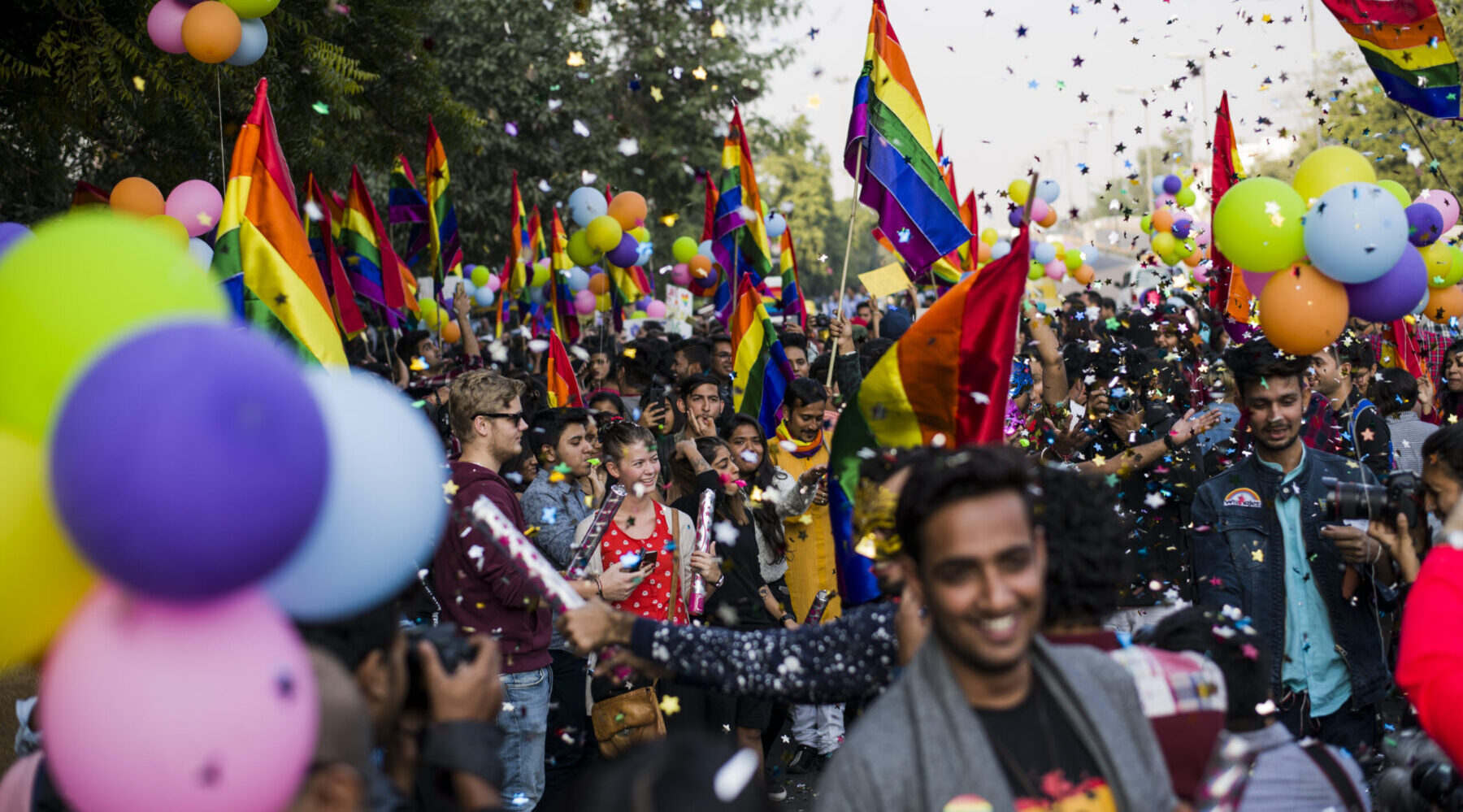
File Photo by Sujay Reddy/Future Publishing via Getty Images
Preferred gender pronouns are commonly used by the queer community as part of their identity. These pronouns include they/them, she/they, he/they, he/him/ she/her, among others. These pronouns provide an inclusive space to those struggling with their gender identity, while also giving them respect and more visibility. Straight people too, in solidarity and to help normalize this usage, have started using pronouns as part of their identities.
However, to many, the concept of using wider varieties of pronouns to address queer people is still a difficult switch, given their upbringing that is mostly rife with gender binaries. As per NPR.org, Alex Schmider, associate director of transgender representation at Gay & Lesbian Alliance Against Defamation (GLAAD), compares using someone’s correct pronouns to pronouncing their name correctly – “a way of respecting them and referring to them in a way that’s consistent and true to who they are”.
A major reason that is often highlighted when advocating for wider usage of preferred pronouns has a lot to do with what is termed as ‘gender dysphoria’, a condition that is often most severe among those identifying as transgender. The problem persists amongst those who are assigned with a sex at birth, while their gender identity does not match with their sexual identity.
Besides, some people identify with multiple genders, thus making them gender fluid. This means that their gender identity is not fixed and can change over time or day-to-day. It is believed that using gender pronouns in such cases helps them feel visible and rightly addressed.
Some of the most commonly used pronouns include they, ze, hir, zere, hirs and zirs. Apart from these, many also prefer to only be addressed by their chosen name, and in many cases, it is not their official name, but a new name that they believe expresses who they are as a person better.
In India, the usage of such pronouns has become more popular, more so in the social media spaces where a lot of queer advocacy groups actively hold conversations using different pronouns in an attempt to normalise the trend.
However, a large section of the Indian population remains unaware of these preferred pronouns, owing to lack of education and accessibility to the internet, and the conversation seems to be limited to the urban spaces.
For more stories that cover the ongoings of Delhi NCR, follow us
Instagram: https://www.instagram.com/thepatriot_in/
Twitter: https://twitter.com/Patriot_Delhi
Facebook: https://www.facebook.com/Thepatriotnewsindia
During the investigation, CCTV footage helped identify the suspects, according to Delhi Police
The launch took place during the inauguration of the Delhi Police Exhibition Hall at Connaught…
The 28-year-old factory owner was taken to Satyawadi Raja Harish Chandra Hospital in Delhi, while…
The chief minister, Rekha Gupta, said that the CM Jansunwai portal will help in monitoring…
Sources said specific inputs suggested that a temple in the Chandni Chowk area in Delhi…
The proposed measure is aimed at consolidating the gains achieved in Electronic Toll Collection